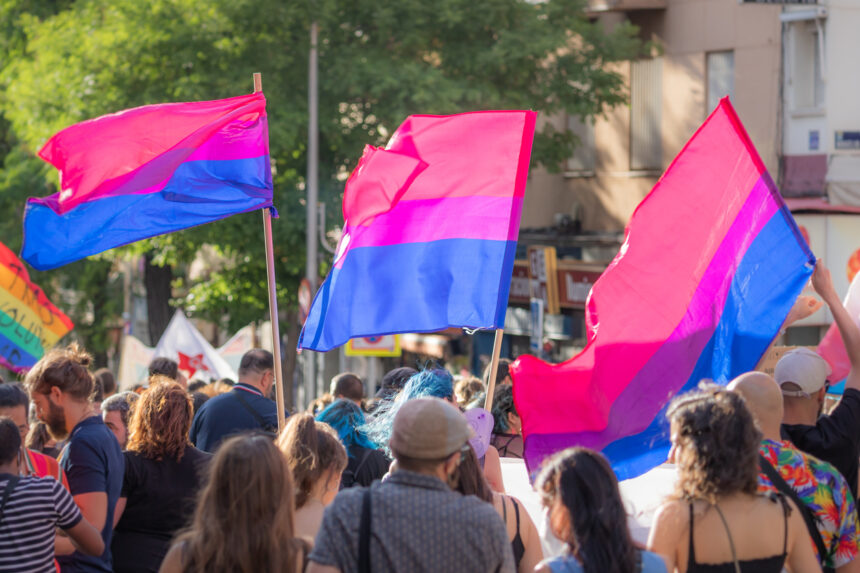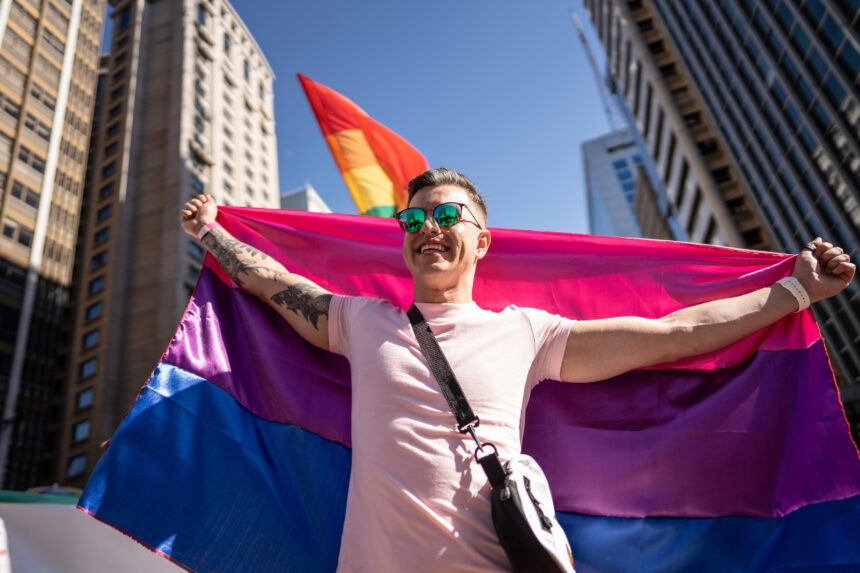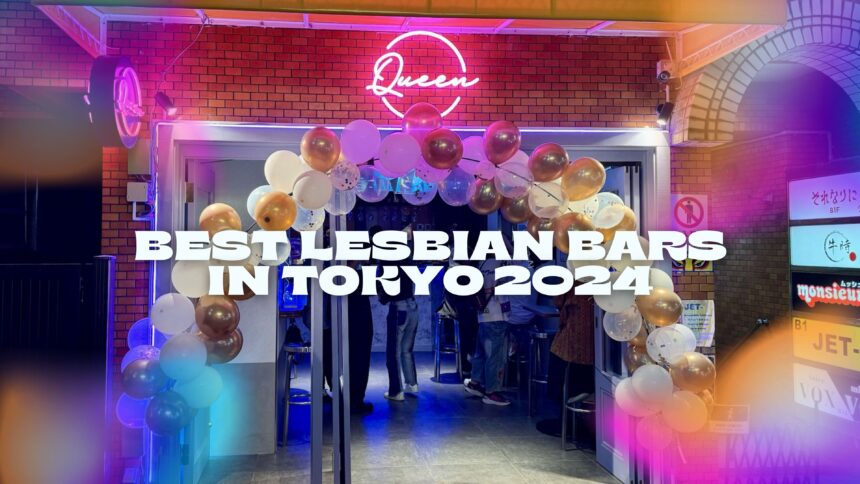Japan’s LGBTQ Culture
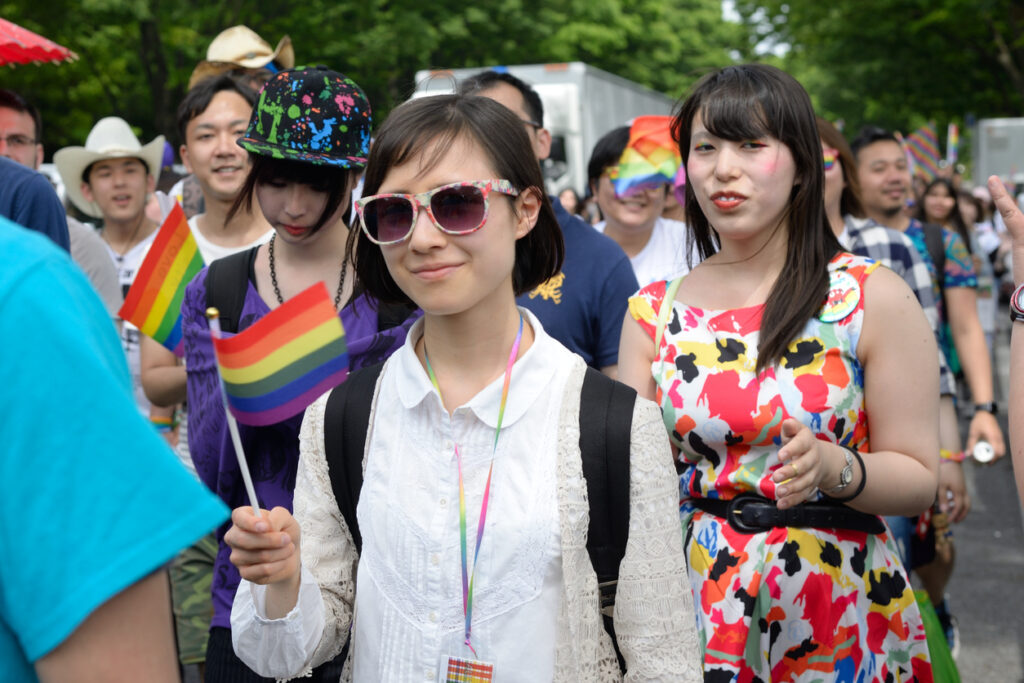
LGBTQ Statistics in Japan
Japan is no different from other developed countries, and LGBTQ+ identities are common. 8.9% of people in Japan say that they are lesbian, gay, bisexual, transgender or other, according to a 2018 survey by advertising giant Dentsu Inc. That is, from people who openly admit it! There may still be many LGBTQ+ people in Japan who are closeted.
A Long-Standing LGBTQ+ Culture
Japan has a somewhat long history of LGBTQ+ culture. One such example is that of “danshoku”, a type of literature from the Edo era dealing with same-sex love stories between warlords and young men (sometimes minors). In modern times, this translates as well with BL mangas and books, an extremely popular genre with young women especially.
TV programs and talk-shows in particular often feature LGBTQ+ characters or celebrities, albeit often stereotyped, such as Matsuko Deluxe. Activities like crossdressing are commonly accepted, probably better than in other countries. There is also no LGBT-hostile religion rooted in Japan, as Shinto and Buddhism don’t fight against it, unlike Christianity or Islam for example.
Challenges of LGBTQ+ Life in Japan
In social practices though, LGBTQ+ culture is still very late. It was only in 1995 that the Japanese Society of Psychiatry and Neurology removed homosexuality from their list of mental illness.
Same-sex marriage still isn’t legal country-wide (not to mention adoption) and changing genders is extremely difficult medically and legally. There is also very little protection in place in schools and at work to protect LGBTQ+ people, who end up ostracized and bullied, which has disastrous social and mental consequences.
The practice of outing is common, and puts at risk the entire livelihood of the individual, who ends up being safer hiding that part of themself. Homosexuality is hushed out and regarded as and “in-bed only” phenomenon, which is highly associated with STDs, rape, and strange kinks.
To sum it up, even though LGBTQ+ themes have a normalized place in culture, they remain something abstract, unknown, and shrouded in preconceived ideas, as if not really part of real life.
How is bisexuality viewed in Japan?
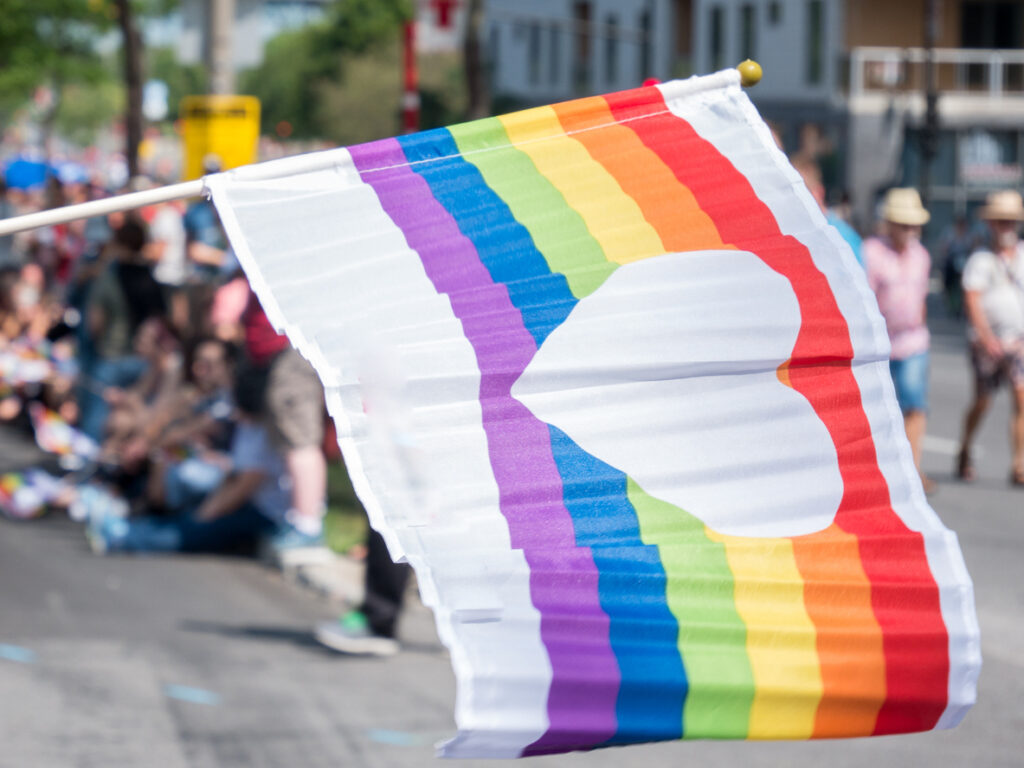
Common Misunderstanding of Bisexuality
I think that bisexuality is still widely misunderstood in Japan. The term itself is often mistaken or mixed up with notions of androgyny (a way to present oneself) or even transgender identities. This has happened to me many times: when I come out to people over, let’s say, thirty, they completely mix up my sexuality, gender, and even my marriage to a cisgender man.
People may have heard of the word, but they generally don’t know what it means. This can be due to the fact that bisexuality is way less common in Japan than homosexuality (or it is a self-feeding loop): according to an Internet survey by Tetsuji Minami et al., 1.3% of Japanese adults identify as bisexual against 4.8% as homosexual.
Stereotypes Blocking People From Knowing Themselves
It is likely that more Japanese individuals are bisexual, but don’t know it, due to not having knowledge or having preconceived ideas about this term. Just like being gay, lesbian, or transgender, it is seen as an element of the private self, not the public self, and therefore rarely discussed.
The human mind tends to think towards binarity, and bisexuality is not. There is a Japanese slang term for bisexuals: “nitoryu” (two-sword user), which shows that bisexuality does not escape stereotypes. You can learn more about bisexuality and deconstructing stereotypes in our article about the bisexual flag.
Bicuriousity in Japan
With that being said, there is hope in the younger generation, a minority in Japan due to an ever-declining birth rate. Westernized and liberated, they are more likely to be accepting of those “alternative” lifestyles and identities than their older counterparts may be. Bicuriousity is also apparently a more common phenomenon in Japan than in other countries, as proven by this candid, now viral video interview of a Japanese man who admits having had sex with his gay friend and realizing it was not for him.
Where to meet people from the bisexual / LGBTQ+ community
While there are no specific regular bisexual meetups to my knowledge, there are plenty of LGBTQ+ friendly spaces in Tokyo.
Bars and Clubs
Shinjuku Nichome bars and clubs are the obvious ones, especially lesbian bars for bisexual women (you can check out our list of the best lesbian bars in Nichome). Tokyo and Osaka also have ballroom scenes, which are likely to be bisexual-friendly.
Chill Hangout
For less party-centered outings, small organizations, events and cafes such as Black Bird Eatery, Yamanote Queer Creative, or Queer Social offer lowkey events for all members of the LGBTQ+ community.
Meeting Apps
Dating apps are also one way to meet like-minded people in Japan, locals and foreigners alike. Apps like Bumble allow people to chat over shared criteria, and not necessarily with the goal of dating or a one-night stand.
Outside Tokyo
For those outside of Tokyo, Stonewall Japan is apparently a good resource to learn about events happening in other areas. The network of Rainbow Pride is also an option, where one can discover LGBTQ+ organizations in their area.
Is Japan bisexual-friendly?
To sum it up, Japan’s relationship with bisexuality is similar to that with the rest of the sexualities and gender identities: hushed out and lacking knowledge. While there is no traditional reason for the Japanese to hate bisexual people, more education is needed to understand and support bisexual people in Japan and avoid outing and ostracization. Thankfully, there are already safe spaces for bisexual people in and outside of Tokyo.
